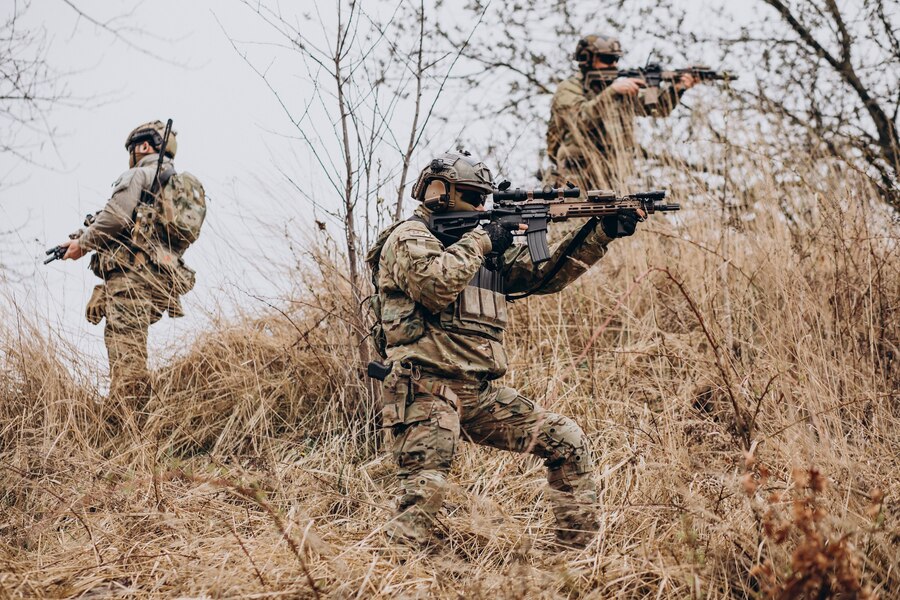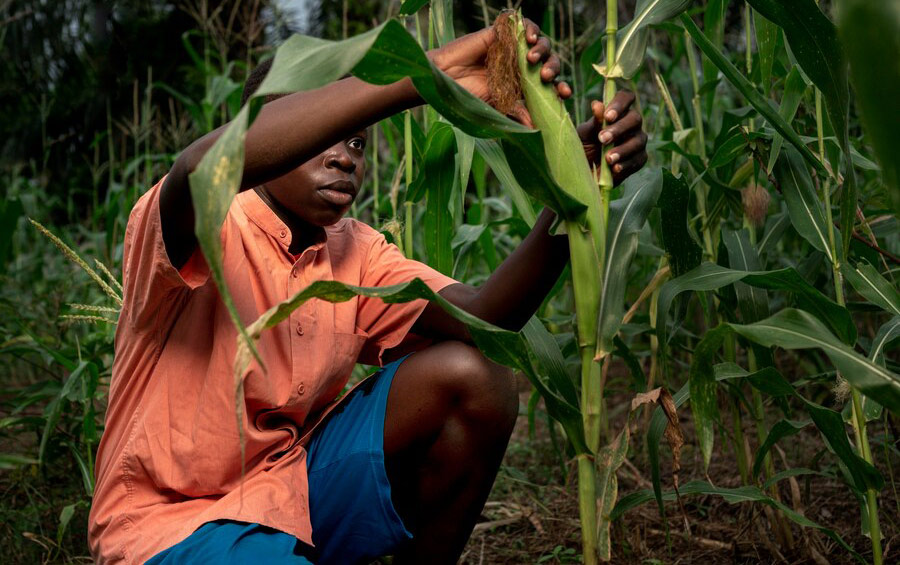Haiti, a nation long steeped in history and resilience, finds itself at a crossroads. Questions surrounding the motives of international involvement and the country’s untapped potential fuel ongoing debate.
A History of External Influence:
Haiti’s past is marked by foreign intervention. From the French colony of Saint-Domingue to the American occupation of 1915-1934, outside forces have played a significant role in shaping the nation’s development. This historical context naturally raises suspicion when powerful nations express interest in Haiti’s affairs.
Beyond Poverty: A Nation Rich in Resources?
Recent discoveries suggest Haiti may possess significant resources beyond what was previously known. Local geologists speculate on the presence of oil, gold, and even rare earth minerals like iridium. These resources, if confirmed, could be a game-changer for Haiti’s economy. However, such wealth also attracts the attention of external actors with their own interests.
The Geopolitical Landscape:
Haiti’s strategic location, nestled between Cuba and Venezuela, adds another layer of complexity. This proximity to other resource-rich nations fuels speculation about potential competition for influence. The involvement of the United States, Canada, France, and others raises questions about their motivations – are they truly invested in Haiti’s well-being, or are there strategic interests at play?
A Need for Transparency and Haitian Self-Determination:
The proposed seven-member transitional council, a condition of which is support for foreign military intervention, has faced opposition from some within Haiti. This highlights the importance of transparency and Haitian ownership in finding solutions. Any intervention should prioritize the needs of the Haitian people and be accompanied by clear goals and timelines for withdrawal.
The Dominican Republic Factor:
The Dominican Republic’s recent closure of its land and air borders with Haiti adds another layer of complication. Haiti’s relationship with its neighbor is complex, and regional cooperation is crucial for long-term stability.

The Flow of Weapons:
The prevalence of firearms within Haiti further complicates the situation. While the full extent of the weapons’ origin remains unclear, porous borders and weak institutions create an environment where illicit arms trafficking can flourish. Several countries, including the United States, have provided military aid to Haiti in the past. However, ensuring these weapons are used responsibly and don’t fall into the wrong hands is critical for promoting peace and stability.
The Destruction of Haitian Agriculture:
Haiti’s struggle to produce food security is a complex issue with multiple contributing factors. While the presence of armed groups can disrupt agricultural activities, the historical dominance of foreign-produced goods and subsidized imports have also undermined domestic production. Investing in Haitian agriculture and promoting sustainable farming practices are crucial steps towards achieving food security.

The Path Forward: A Haitian-Led Future
Ultimately, the path forward for Haiti must be determined by Haitians themselves. While international cooperation can be beneficial, it must be approached with caution and a focus on long-term development, not short-term resource extraction. The historical weight of external intervention serves as a reminder: true progress can only be achieved through self-determination and a commitment to building a sustainable future for all Haitians.
Conclusion: Lessons from History and Breaking the Cycle
Haiti’s rich history offers valuable lessons. Past interventions have left mixed legacies, and the influx of firearms from various sources, including the United States, Canada, and France, has undoubtedly fueled instability. These weapons often end up in the hands of paramilitary groups, further hindering efforts to establish peace and security.
Moving forward, the international community must learn from these experiences. Respect for Haitian sovereignty and a focus on long-term development, rather than resource exploitation, should be paramount. Additionally, stemming the flow of illegal weapons into Haiti is crucial for creating a stable environment. Only through a collaborative effort, centered on the needs and aspirations of the Haitian people, along with a commitment to address the root causes of poverty and insecurity, can Haiti truly break free from the cycle of violence and build a brighter future for all its citizens.






